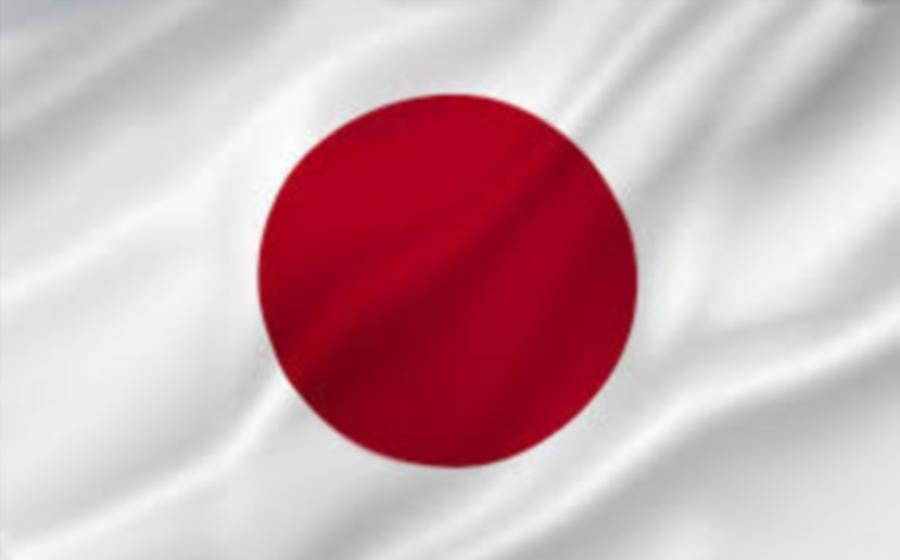Reuters
TOKYO: Japan's exports fell in July for the first time in nearly 2-1/2 years, dragged down by faltering demand for light oil and chip-making equipment, underlining concerns about a global recession as key markets like China weakened.
Ministry of Finance (MOF) data out Thursday showed Japanese exports fell 0.3 per cent in July year-on-year, compared with a 0.8 per cent decrease expected by economists in a Reuters poll. It followed a 1.5 per cent rise in the previous month.
Separate data by the Cabinet Office showed a key gauge of capital expenditures rose in June, providing a glimmer of hope for fostering sustainable economic growth.
Overall, the batch of data underscored fragility in Japan's export engine that helped underpin second quarter domestic product (GDP) growth, with car shipments and inbound tourism the biggest drivers.
Japanese policymakers are counting on exports to shore up the world's No. 3 economy and pick up the slack in private consumption that has suffered due to broader price hikes.
However, the spectre of a sharper global slowdown and faltering growth in its major market China have raised concerns about the outlook.
By destination, exports to China, Japan's largest trading partner, fell 13.4 per cent year-on-year in July, due to drops in shipments of cars, stainless steel and IC chips, following a 10.9 per cent decline in June.
U.S.-bound shipments, Japan's key ally, rose 13.5 per cent year-on-year last month to log the largest in value on record, led by shipments of electric vehicles and car parts, following a 11.7 per cent rise in the previous month.
Imports fell 13.5 per cent in the year to July, versus the median estimate for a 14.7 per cent decrease.
The trade balance swung to a deficit of 78.7 billion yen (US$537.27 million), versus the median estimate for a 24.6 billion yen surplus.
Separate data also showed Japan's core machinery orders rose 2.7 per cent in June from the previous month. Compared with a year earlier, core orders, a highly volatile data series regarded as an indicator of capital spending in the coming six to nine months, declined 5.8 per cent.





